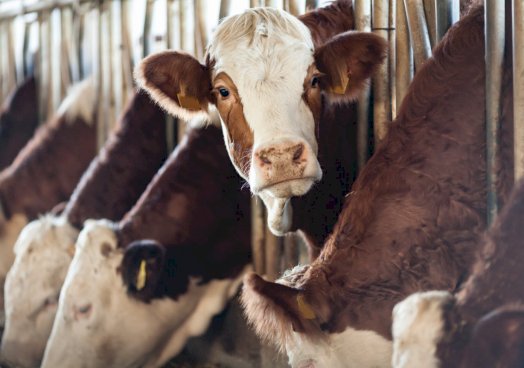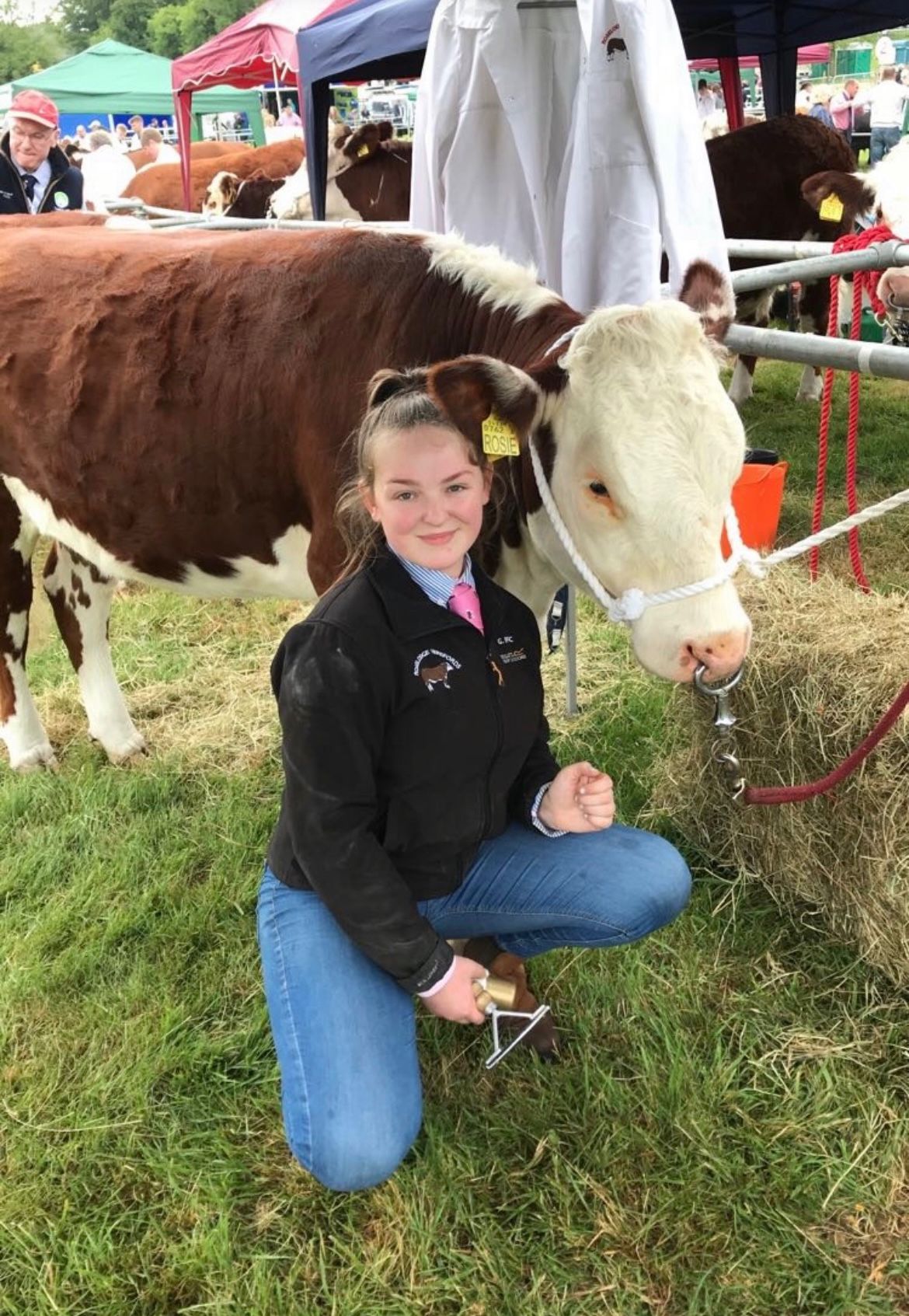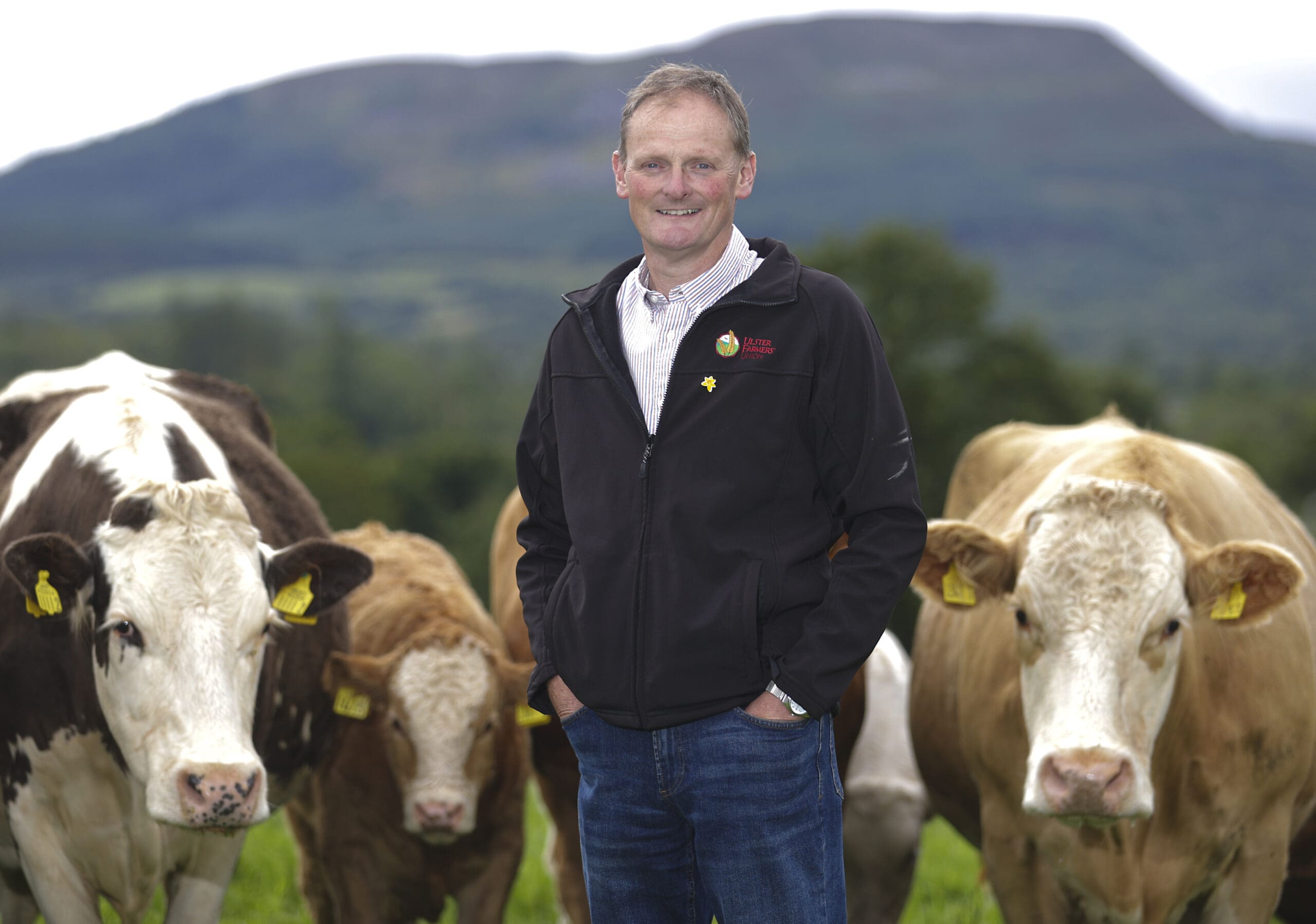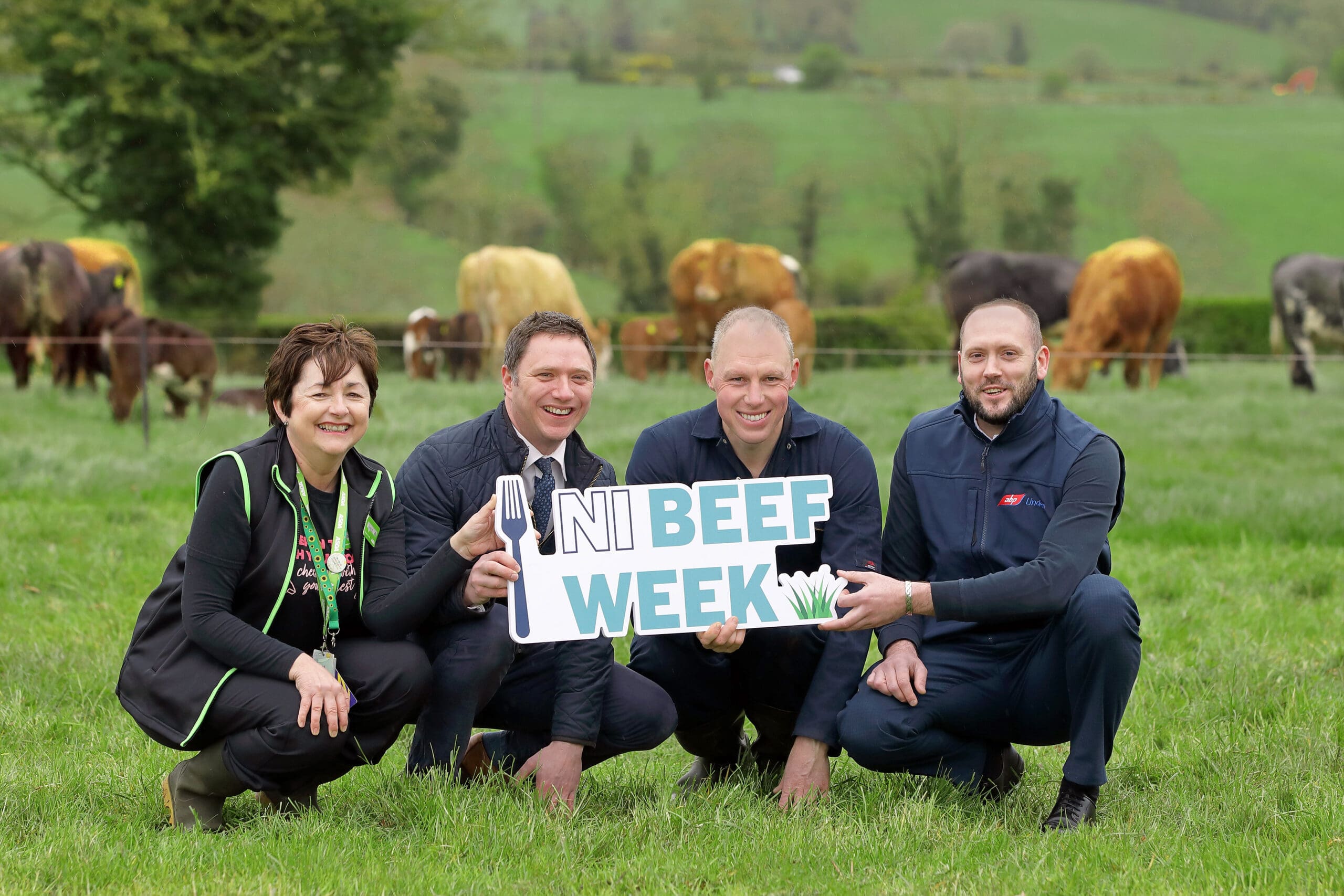
Commodity watch by parliamentary officer Alexander Kinnear.
Veterinary Medicines: Shortly before Christmas an extension to the current grace periods for importing veterinary medicines into Northern Ireland (NI) which was due to end on the 31 December 2022, was granted until the end of December 2025, eliminating the risk of discontinuation of over 50% of products. Thankfully, this extension has been deemed necessary by the European Union (EU), although they have stated this will be the last extension granted. Veterinary products available within the NI market must comply with EU regulatory requirements by the start of 2026. Whilst this is a short-term solution, the Ulster Farmers’ Union (UFU) continue to lobby DAERA and DEFRA to work with the EU Commission on the action plan which includes:
- A list of effected products must be submitted to the EU Commission by the end of February 2023;
- Information on measures to be taken on implementation of complying with EU law in full submitted by the end of September 2023;
- Progress reports on implementation to be submitted every three months beginning at the end of January 2024.
Seed Potatoes: As NI finds itself within the EU regulatory zone, the importation of seed potatoes from traditional sources in Great Britain (mainly Scotland) to NI is prohibited, despite being in demand in several EU Countries including the Republic of Ireland. UFU encourage the UK and the EU Commission to prioritise this issue which is affecting many potatoes growers and to allow a derogation to take place, allowing NI growers to source high grade seed potatoes once again from GB.
Livestock movements: This has particularly impacted on the pedigree livestock sector as NI breeders can no longer sell cattle in GB on a level playing field. For example, a NI breeder bringing a bull to the Sterling bull sales must ensure the animal is sold or else it must remain in GB for six months before returning to NI. This is impractical and puts the NI pedigree sector at a disadvantage. The UFU recognise that NI’s pedigree livestock sector punches well above it weight across these islands and must be allowed to trade freely so that other farmers can benefit from NI’s pool of high-quality genetics.
Seeds & Plant Protection Products (PPP): NI’s relatively small market makes it unattractive for GB companies to trade and produce product for NI when extra bureaucracy is required. Questions around product authorisation remain unanswered. Some GB products unauthorised by the EU are no longer being allowed to be used in NI, but on the other hand some EU products are not being allowed to be used in NI as they have not got UK authorisation. Availability, timely supply and complete discontinuation of some products are now realties that the UFU are seeking the UK and EU to urgently address.
Divergence: Any agreement between the UK and EU must address concerns around future divergence of agriculture policy and standards between the UK and EU, and what this will mean for NI. Whilst it is easy to identify the current problems of today, it is impossible to define what future direction either jurisdiction may take over the next decade. Already built-in mechanisms must be utilised within the NI Protocol to deal with future challenges, but also new ideas explored such as a meaningful role for Stormont committees or the business community of NI. The UFU encourage all political parties to consider the merits of a UK-EU SPS (Sanitary & Phytosanitary)/Veterinary Agreement which would resolve many issues concerning agriculture.




